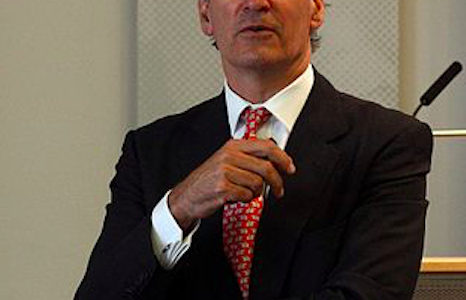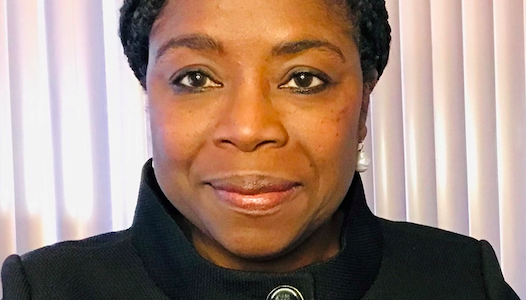by Michel Klompmaker
Economic crime scholarship presents an organisation as a double-edged sword. On the one hand, organisations are cheated by their employees, discriminated by corrupt public officials, and face cyberattacks, whereas on the other hand, organisations evade taxes, defraud their customers, and cheat competitors. While fraud, corruption and other forms of economic crime cause immense losses to individual organisations as well to society, many of those crimes are committed by organisations themselves. On Thursday, February 4, 2021 the 2nd Winter Economic Crime Symposium – Organizations: Beyond Victims and Perpetrators was held online by the Centre for Counter-Fraud Studies at the University of Portsmouth. The event sought to explore the network of relationships inside and between organisations and how it should not be reduced to two groups, victims and perpetrators. With a theme focused on economic crime, several professionals gave keynote presentations on a range of topics from brand protection, corruption, corporate compliance, foreign bribery, and intellectual property (IP) crime. The Risk & Compliance Platform Europe was also a media partner and covered the event via its website. This is part three.
Dr. Branislav Hock’s (Senior Lecturer in Economic Crime at the University of Portsmouth) presentation served as a continuation of Dr. Abiola Makinwa’s presentation on foreign bribery and the formation of a new space and new narrative beyond victim and perpetrator. He opened his presentation by arguing that one response of a criminal justice system to the blurred lines between victims and perpetrators in a corporate context are negotiated settlements. He stated that what gives corporations significant control over foreign anti-bribery cases are effective compliance programs. He also stated that even if you violated the anti-bribery laws to some degree, you are assumed to have committed less bribery than not having an effective compliance program in place.
The three main stages of the foreign anti-bribery negotiation process
Dr. Branislav Hock then posed the question: what happens behind the scenes when these settlements are being negotiated? He mentioned that there are three stages to the negotiation process:
- First stage: Entering negotiations – either through voluntary disclosure or it being conducted by the government. He said that if your compliance programs are effective, you will likely voluntarily disclose because this process will lead you there. In addition, if you do so, as he mentioned, then it will influence the other two stages, so you will have more control over foreign bribery cases.
- Second stage: Establishing facts – when lawyers or corporations negotiate with enforcement authorities, they are establishing facts. They are finding out what is happening and there may already be an internal investigation happening. They are also figuring out the scope of the case and how far they should be looking as it would be too time consuming to look into every single aspect in detail.
- Third stage: Agreeing to consequences – based on the previous two stages. As he explained, what you are doing here is agreeing on the legal interpretations of misconduct, on sanctions or on other legal obligations.
Corporate compliance programs
When it comes to the negotiation process, Dr. Branislav Hock stated that the key issues are the corporate compliance programs. He stated that they drive and give corporations control over their case and give them trust to self-police and help them cooperate with law enforcement authorities. He also said that we understand that corporate compliance programs include compliance programs, commitments to detect and prevent economic crime and measures and procedures on how policy commitments are to be put in place. He pointed out that an important aspect here is that obligations to corporate law come from the enforcement authorities.
He further stated that because these corporate programs are imposed by enforcement authorities, it creates a parallel system where anti-bribery laws form a platform that forms some structure on how the interactions between law enforcement authorities and corporations are built. He also touched upon the ambiguity of law of what is effective and what is not effective, and that it leaves the space for corporations to figure out what works for them as a business. Moreover, he also said that once you are deemed to have an effective compliance program, it can limit the scope of an investigation. Corporations can receive lower penalties and they can also exclude facts from the settlement documents as they may want to prevent their reputation from being harmed.
Conclusion
To summarise, Dr. Branislav Hock stated that effective compliance programs in terms of anti-bribery allow corporations to take control during negotiations, which is the main incentive because it creates some room for co-regulation and public and private policing for corporations. What it also shows, as he continued, is the new system we are entering of going beyond the duality of victim and perpetrator. The system, as he stated, focuses on corporate change and remedial action rather than determining whether you are a victim or perpetrator.





